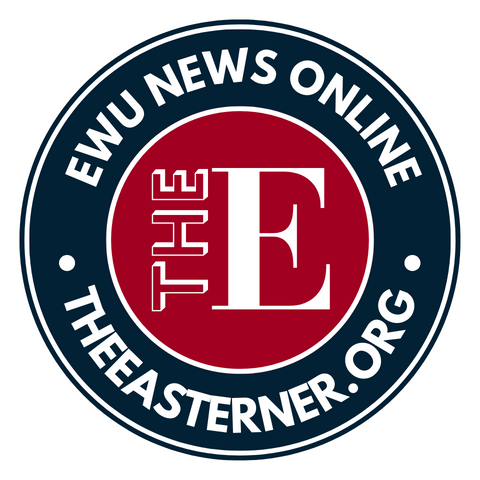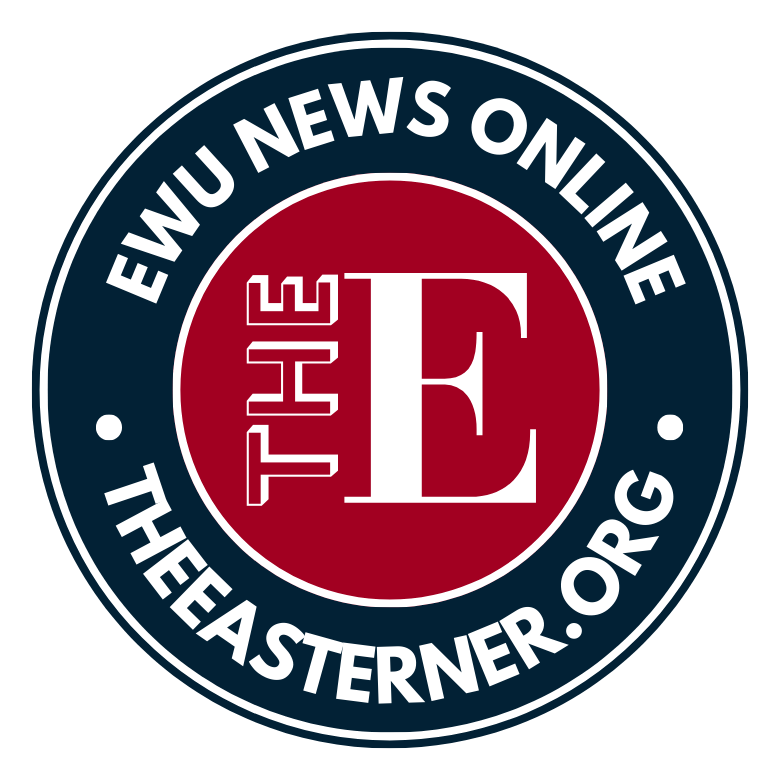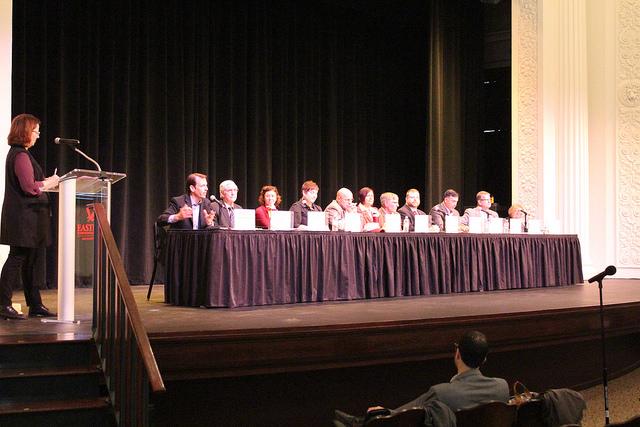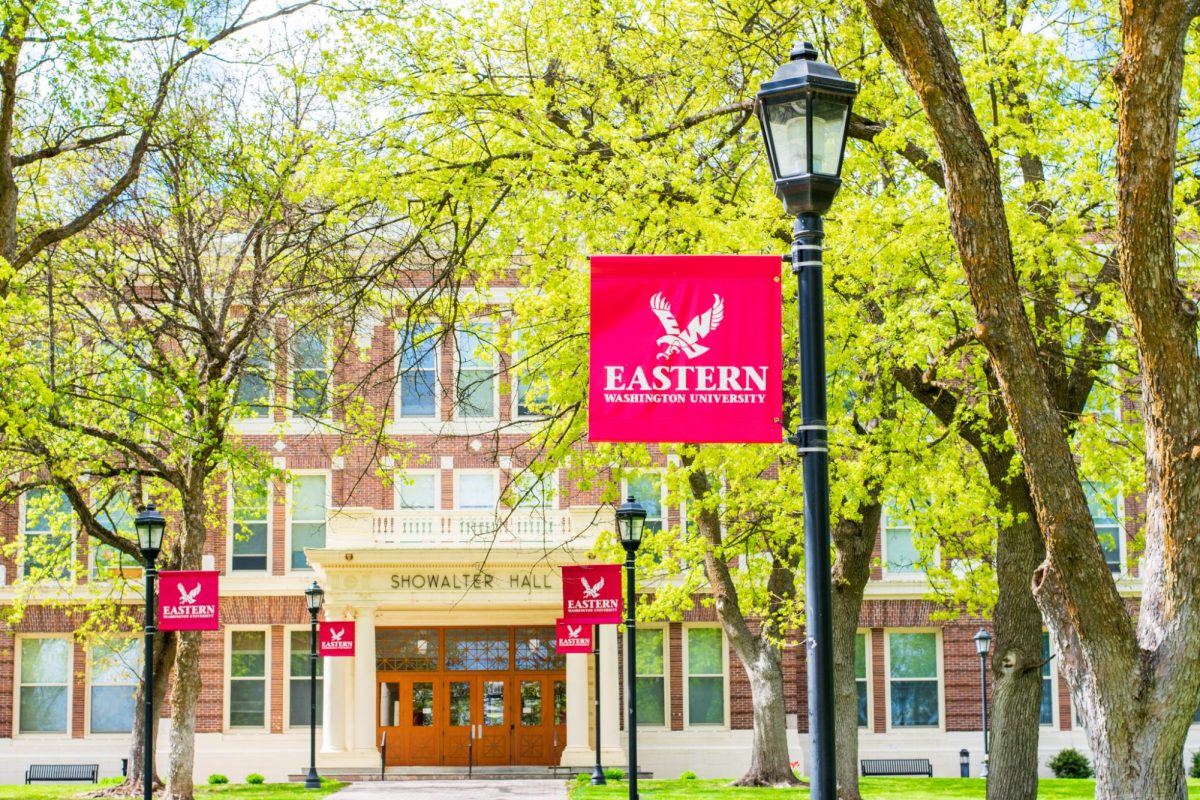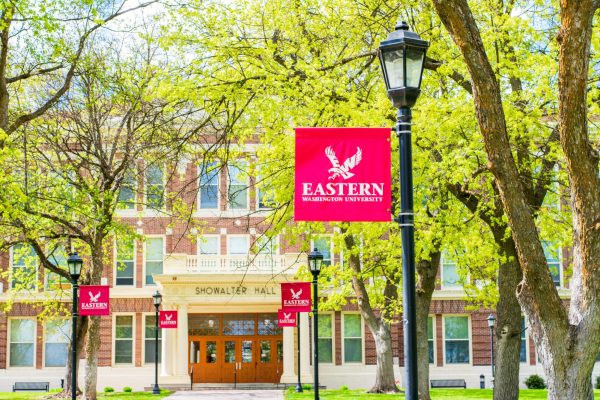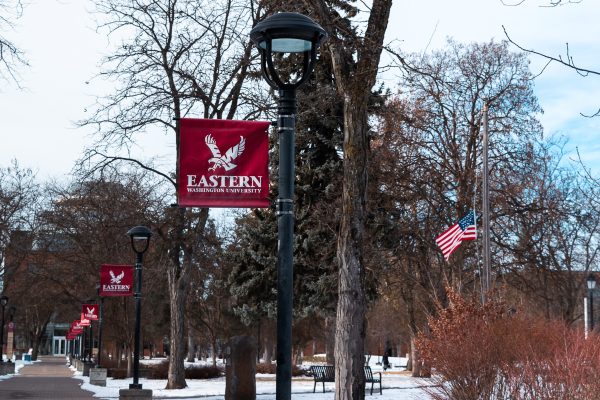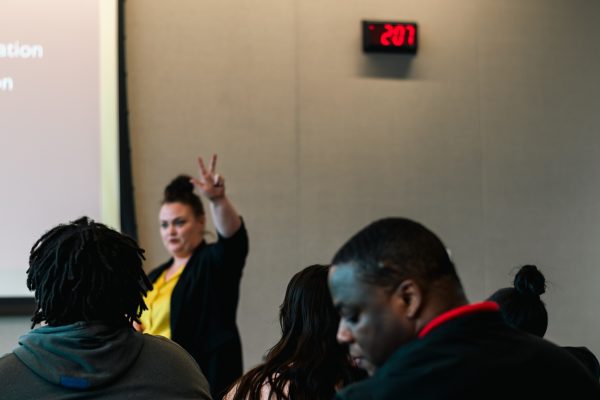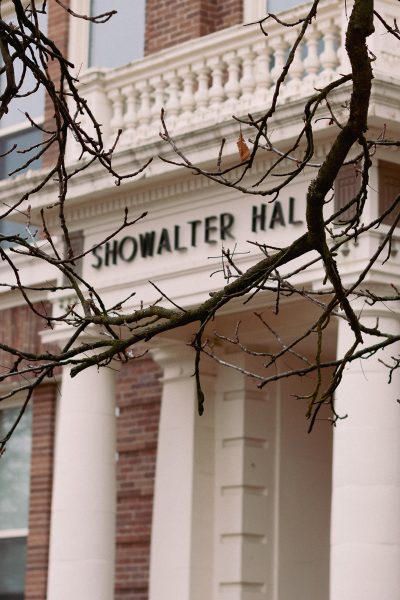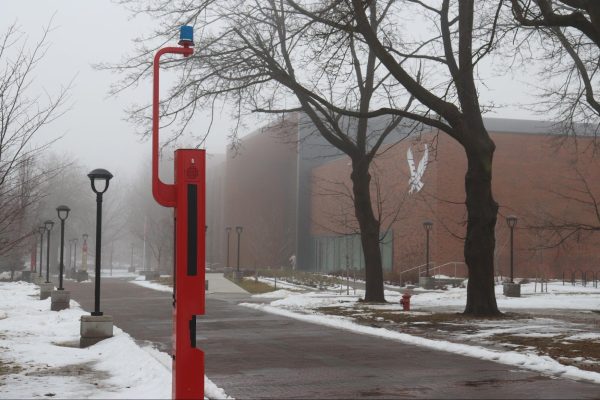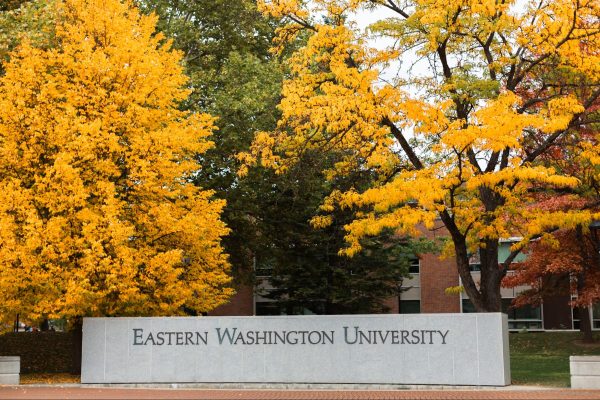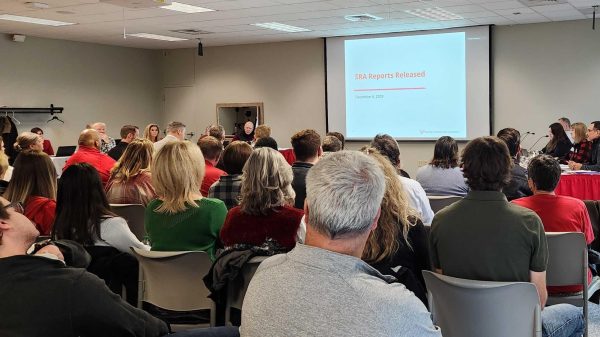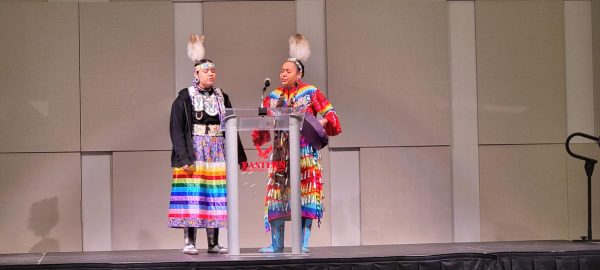Local and regional candidates visit EWU to empower students to get to the polls
Isabelle DeLeon for The Easterner
Local and regional candidates and incumbents answer EWU student questions at open discussion in Showalter Auditorium.
October 14, 2016
Local and regional candidates visited EWU to address student questions before the upcoming election during an open discussion in the Showalter Auditorium. Topics of questions ranged from voter registration to disenfranchisement of minority groups in America .
Questions pre-written by students were answered by each candidate along with students asking additional questions from the audience.Each candidate was given two minutes to answer their question before other candidates were able to comment on the topic.
The first question of the discussion was, what could students do promote voting accessibility? Incumbent state Sen. Andy Billig was the first to answer on the panel. Billig said voter registration was leftover from a time that kept certain people from voting and showed his support for a movement promoting automatic registration when a citizen becomes of age.
“It’s the foundation of everything in our democracy. It’s essential that in elections that voting is easily accessible and available to everyone,” Sen. Billig said.
While many of the other candidates agreed with Billig’s statement, Rep. Bruce Chandler countered that only people who are concerned enough about the government and its issues to register to vote should be the ones voting.
“It’s a mistake to assume that everyone should vote. I think that it’s for each individual to make that decision for him or herself,” Rep. Chandler said.
The question then stemmed to how homeless Americans would be given access and be informed of the upcoming election. Rep. Chandler argued that in order to vote you need a current and valid residence to ensure that voters only vote once and not in multiple districts.
Several homeless shelters in the Eastern Washington region have post office boxes where homeless citizens can receive their ballots and voter information.
“Our homeless population is growing rapidly and we see that Spokane is a great example of that,” said candidate Joe Pakootas. “It’s not their choice to be homeless and they should still have the opportunity to vote.”
Several other candidates expressed similar thoughts to Pakootas. Keeping homeless Americans from voting can be inferred as disenfranchisement of a vulnerable group of citizens since policies voted on can affect the homeless population directly, candidate Jennifer Goulet said.
The discussion ended on a final question from the audience. An EWU student asked each candidate what they thought the major issue in their district was. Concerns of tax reform and revenue were echoed by many of the candidates. As well as a decrease in entrepreneurism and employment opportunities.
After the open discussion a reception was held in the Showalter Rotunda where students could directly engage the candidates. Students expressed the importance of learning about candidates and voting throughout the reception. EWU junior Dan Ritz articulated his enthusiasm for politics and promoting the millennial generation to vote.
“The voter turnout for young people was terrible and stuff like this allows you to see the candidate not just as a face or name, but for their ideas and values,” Ritz said.
Third district Sen. James Apker agreed with Ritz’s statement about the importance of college students voting.
“College students are essentially just starting off and getting the first taste of what’s out there,” Sen. Apker said.
Candidate Randy McGlenn said that it is important to actively engage and instill confidence in young voters from the beginning or they will lose confidence right away.
